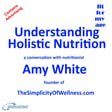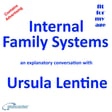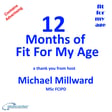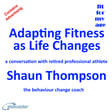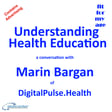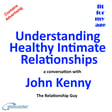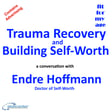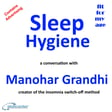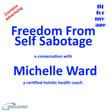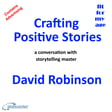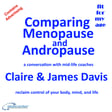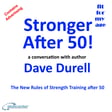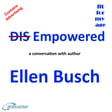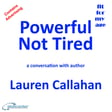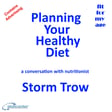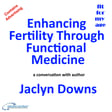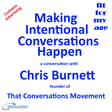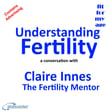
Leaving the Booze Behind - a conversation with author Paul McCormack
What if you left booze behind? You started with good intentions, just thirty days without alcohol, but somehow you never remembered to return to the booze.
That is what Paul McCormack did.
In this episode of The Independent Minds Paul explains to Michael Millward how his life changed after just thirty days without an alcoholic drink.
It was such a positive change that Paul decided to continue living alcohol free.
Paul describes how he was a middle-lane drinker, who considered his relationship with and consumption of alcohol to be normal.
The during lockdown with lots of free time on his hands he examined his relationship with booze and the journey to sobriety started.
Now Paul is a qualified positive psychology coach with an alcohol-free specialisation. He helps other 'middle-lane drinkers' do what he did; better understand their relationship with alcohol and works with them to achieve their goals while they take a break from the booze.
Proactive Positive Ageing.
Alcohol can have a dramatic impact on your health. Knowing the affect alcohol has had on your health can influence the best way to achieve an alcohol-free life.
It is always a good idea to know the risks early so that you can take appropriate actions to maintain good health, that is why we recommend The Annual Health Test from York Test.
York Test provides an Annual Health Test. An experienced phlebotomist will complete a full blood draw at your home or workplace. Hospital standard tests covering 39 different health markers are carried out in a UKAS-accredited and CQC-compliant laboratory.
A Personal Wellness Hub gives access your easy-to-understand results and guidance to help you make effective lifestyle changes anytime via your secure, personal Wellness Hub account.
Visit York Test and use this discount code AGE25.
Fit For My Age is made on Zencastr.
Zencastr is the all-in-one podcasting platform that really does make creating content so easy.
If you would like to try podcasting using Zencastr visit zencastr.com/pricing and use our offer code ABECEDER.
Alcohol-free Travel and alcohol-free locations
Holidays are often when the temptation to drink alcohol can become irresistible. To find alcohol-free ways to travel and destinations visit the Ultimate Travel Club for trade prices on flights, hotels, and holidays. Use our offer code ABEC79 to receive a discount on your membership fee.
Find out more about both Michael Millward and Paul McCormack at Abeceder.co.uk.
Leaving Booze Behind
Buy Paul’s book Leaving Booze Behind at these bookshops
Three the network
If you are listening to The Independent Minds on your smart phone, you may like to know that Three has the UK’s Fastest 5G Network with Unlimited Data, so listening on Three means you can wave goodbye to buffering.
There is a link in the description that will take you to more information about business and personal telecom solutions from Three. And the special offers available when you quote my referral code.
Being a Guest
If you would like to be a guest on Fit For My Age, please contact using the link at Abeceder.co.uk.
We recommend the podcasting guest training programmes available from Work Place Learning Centre.
We appreciate every like, download, and subscriber.
Thank you for listening.
